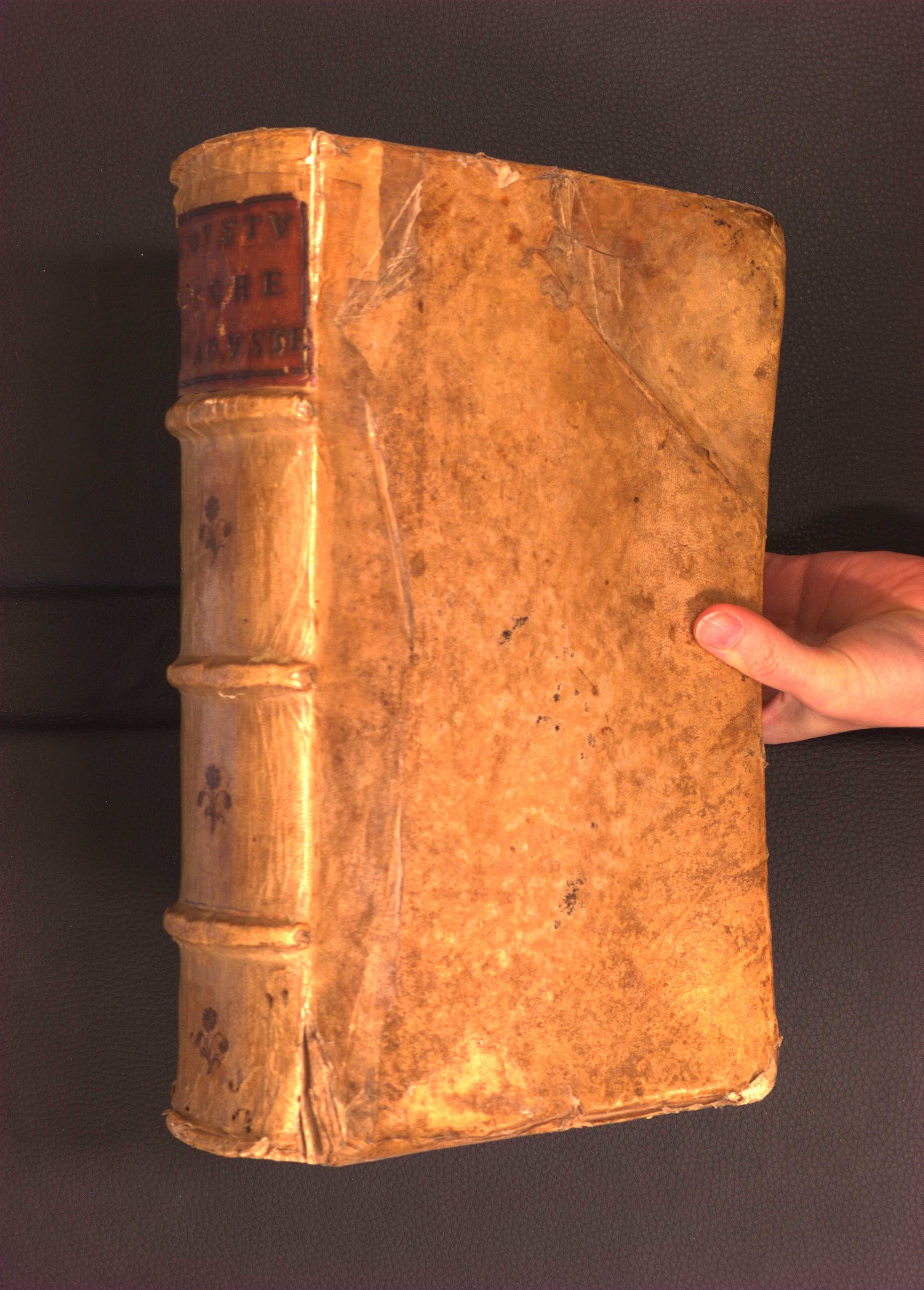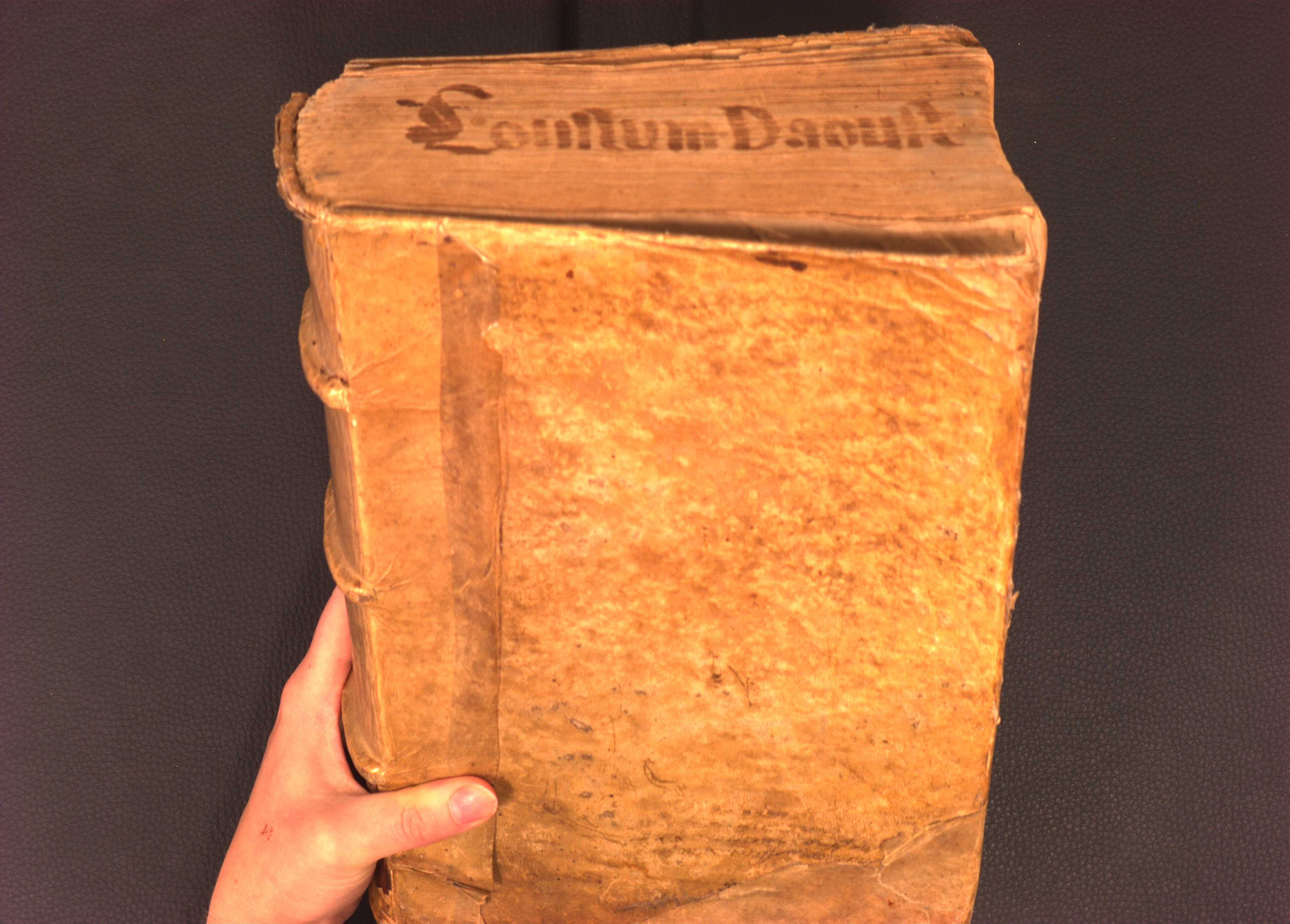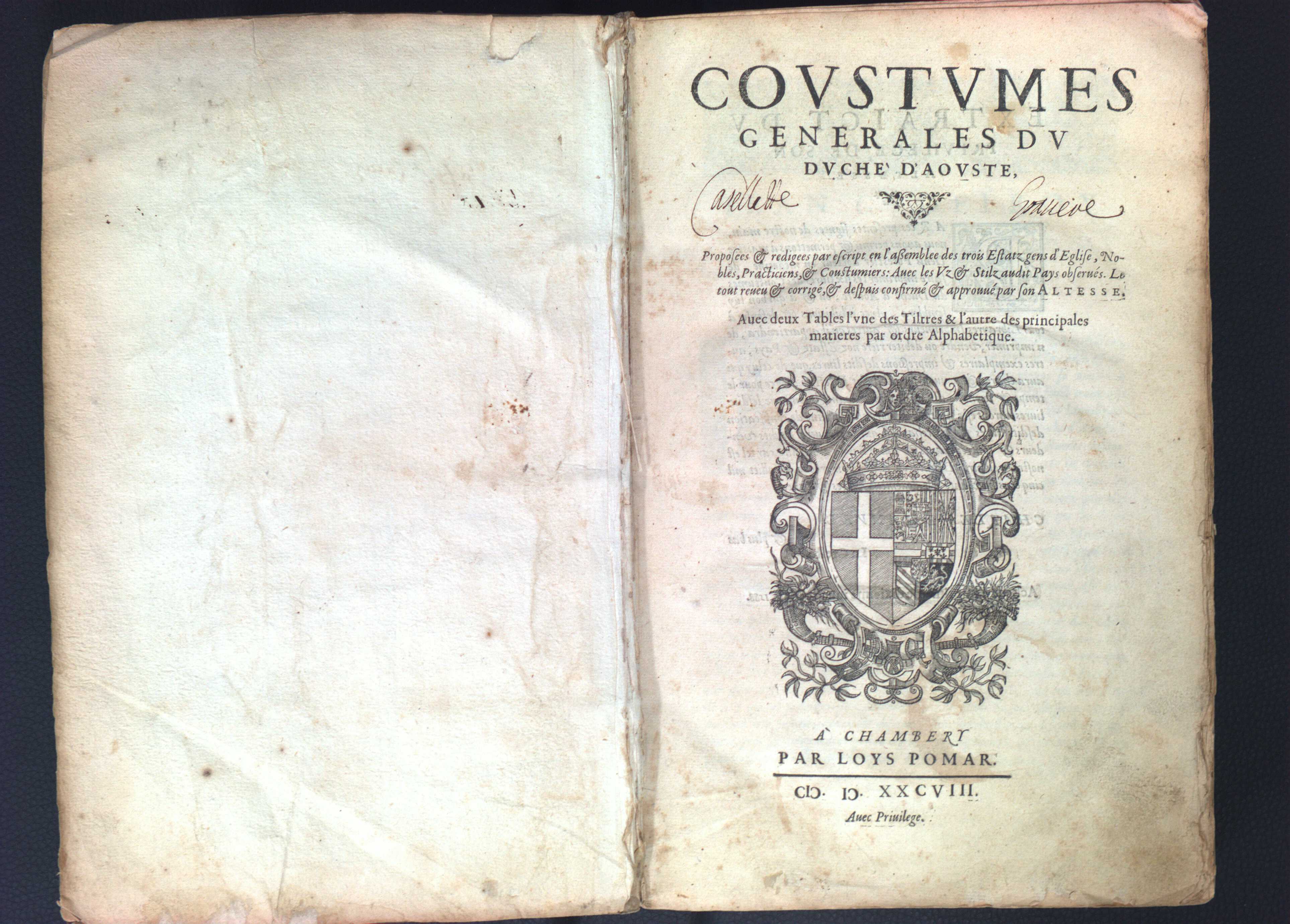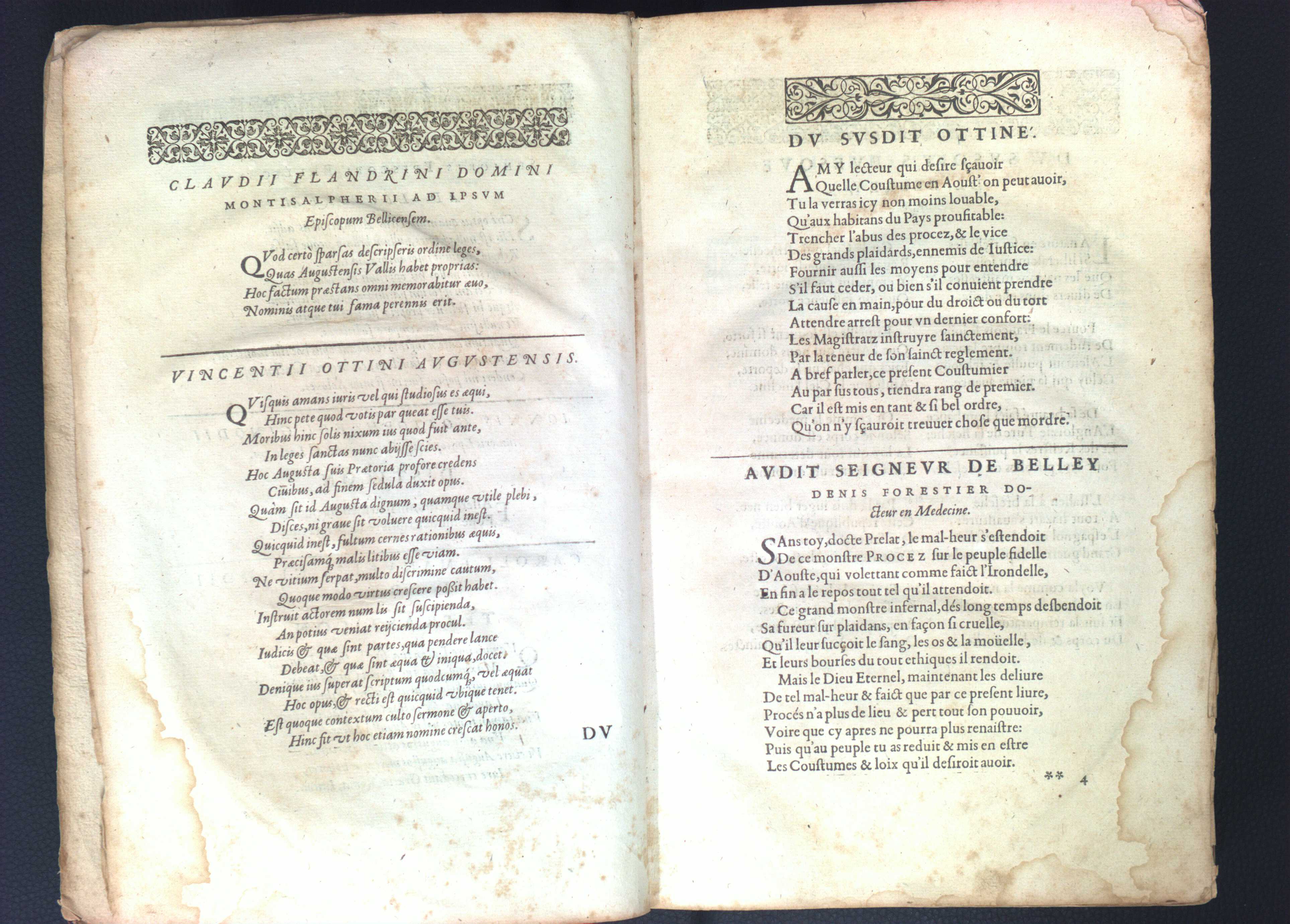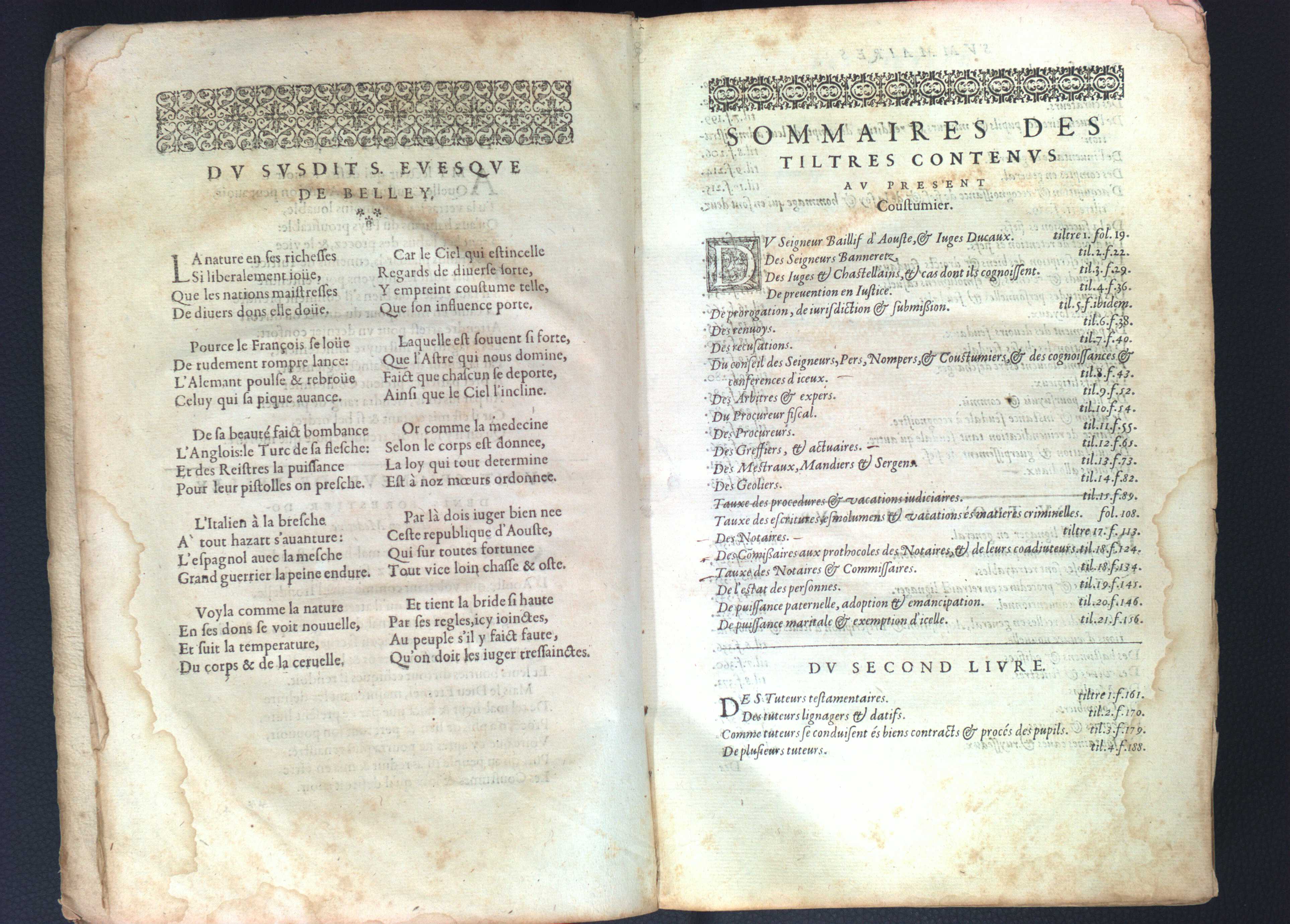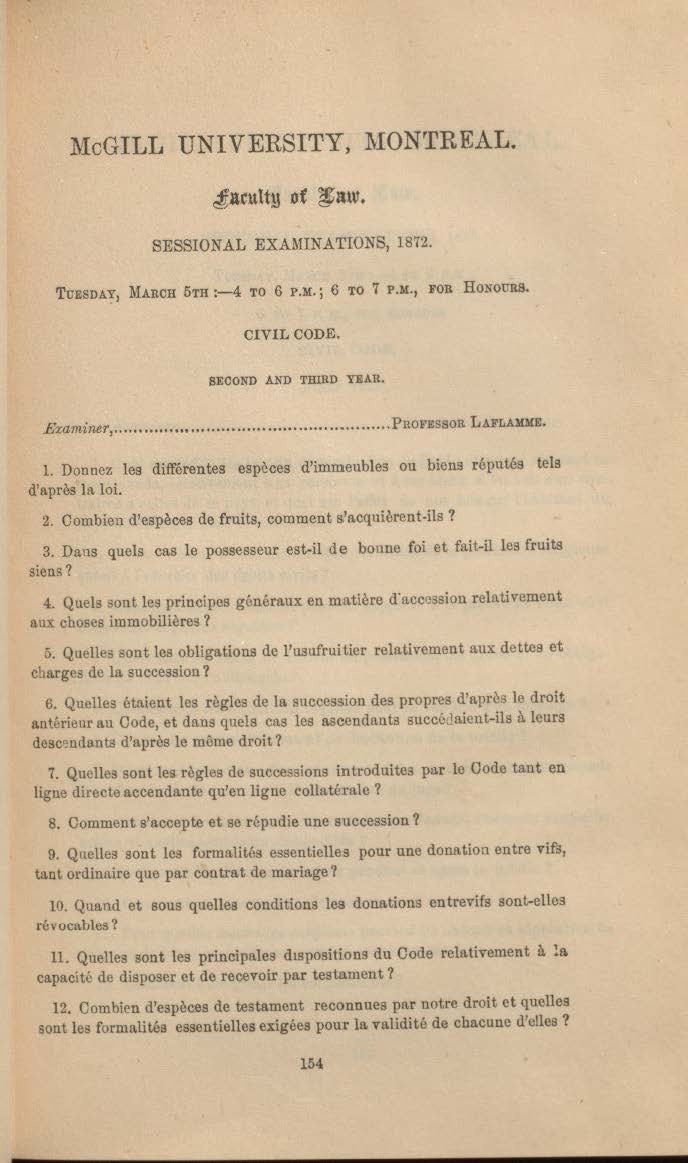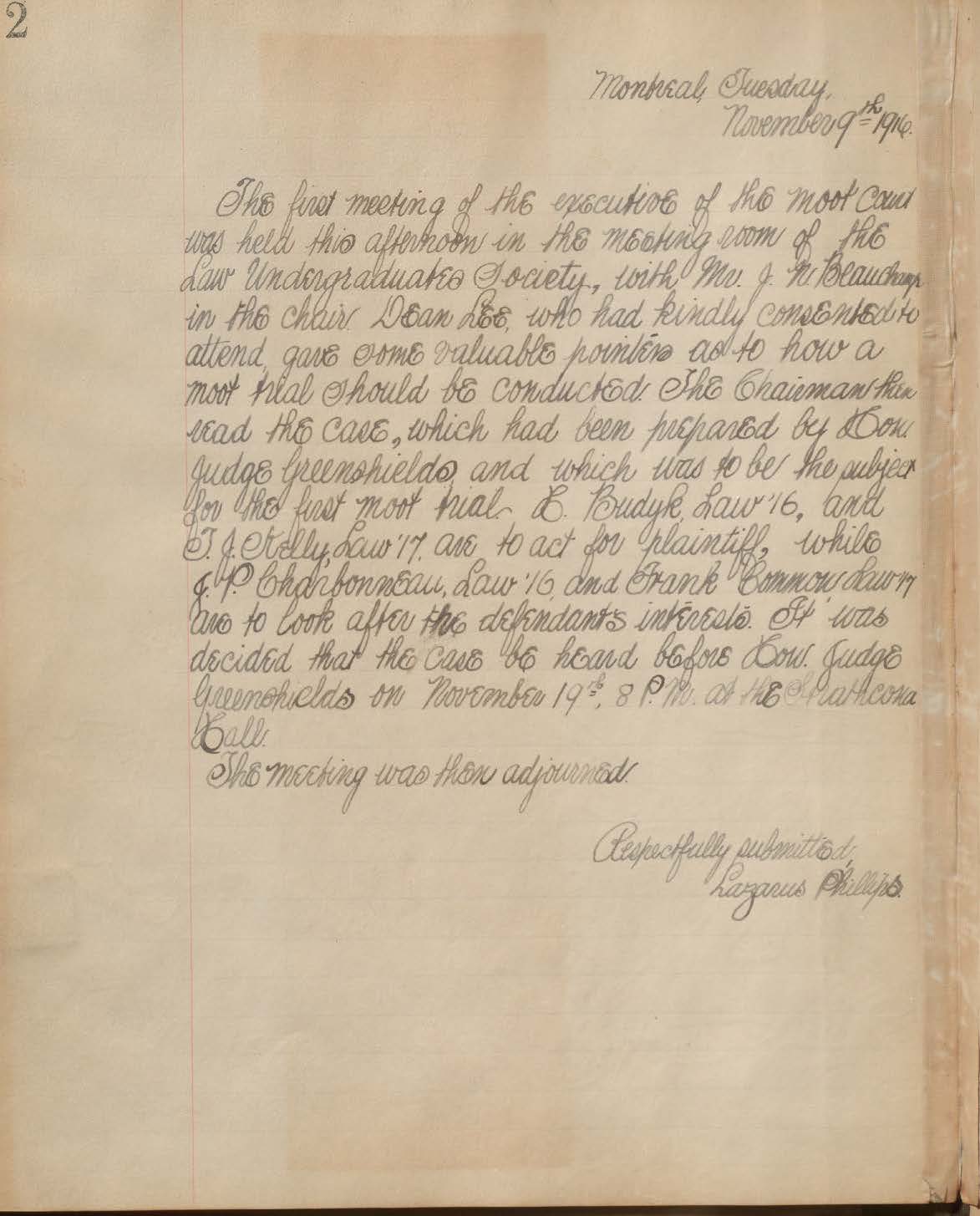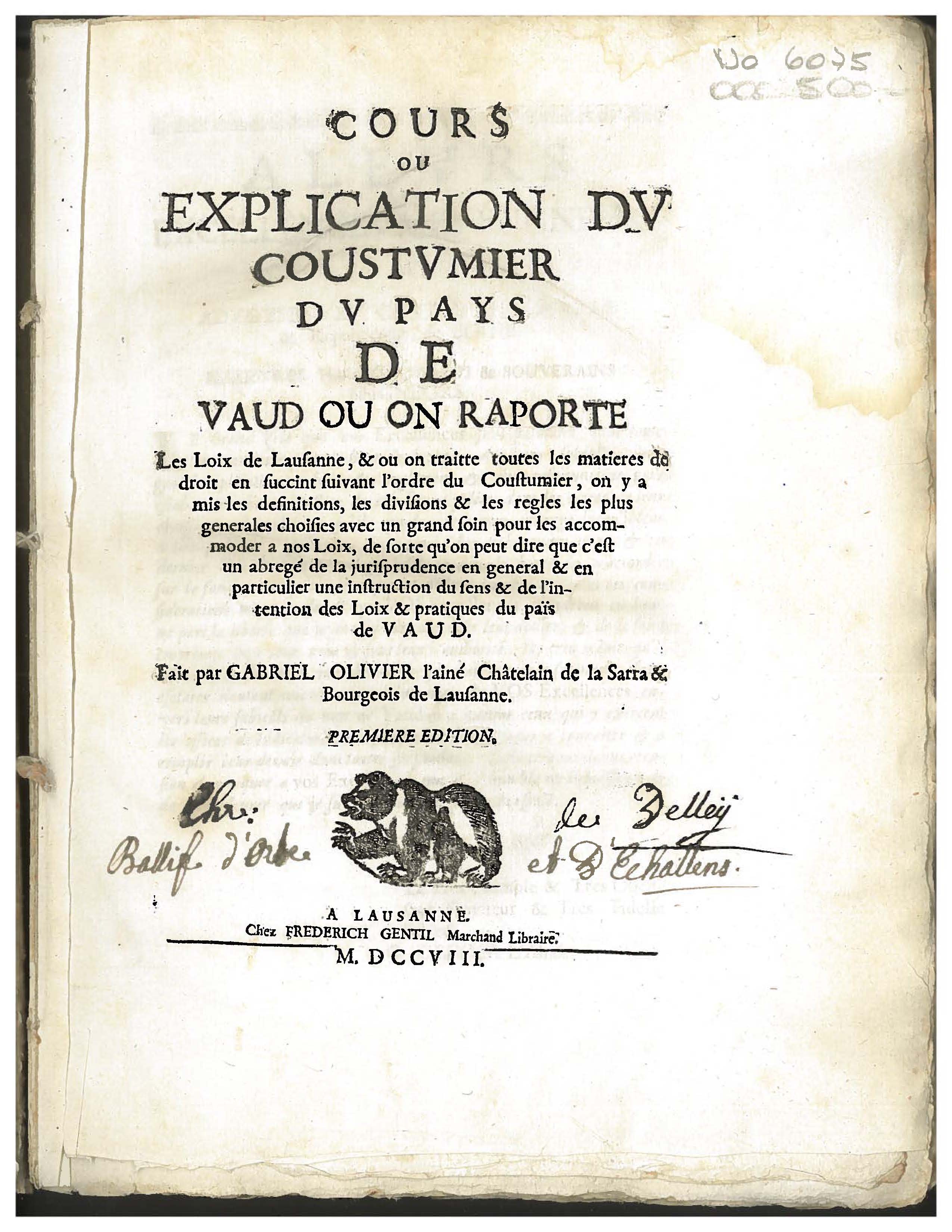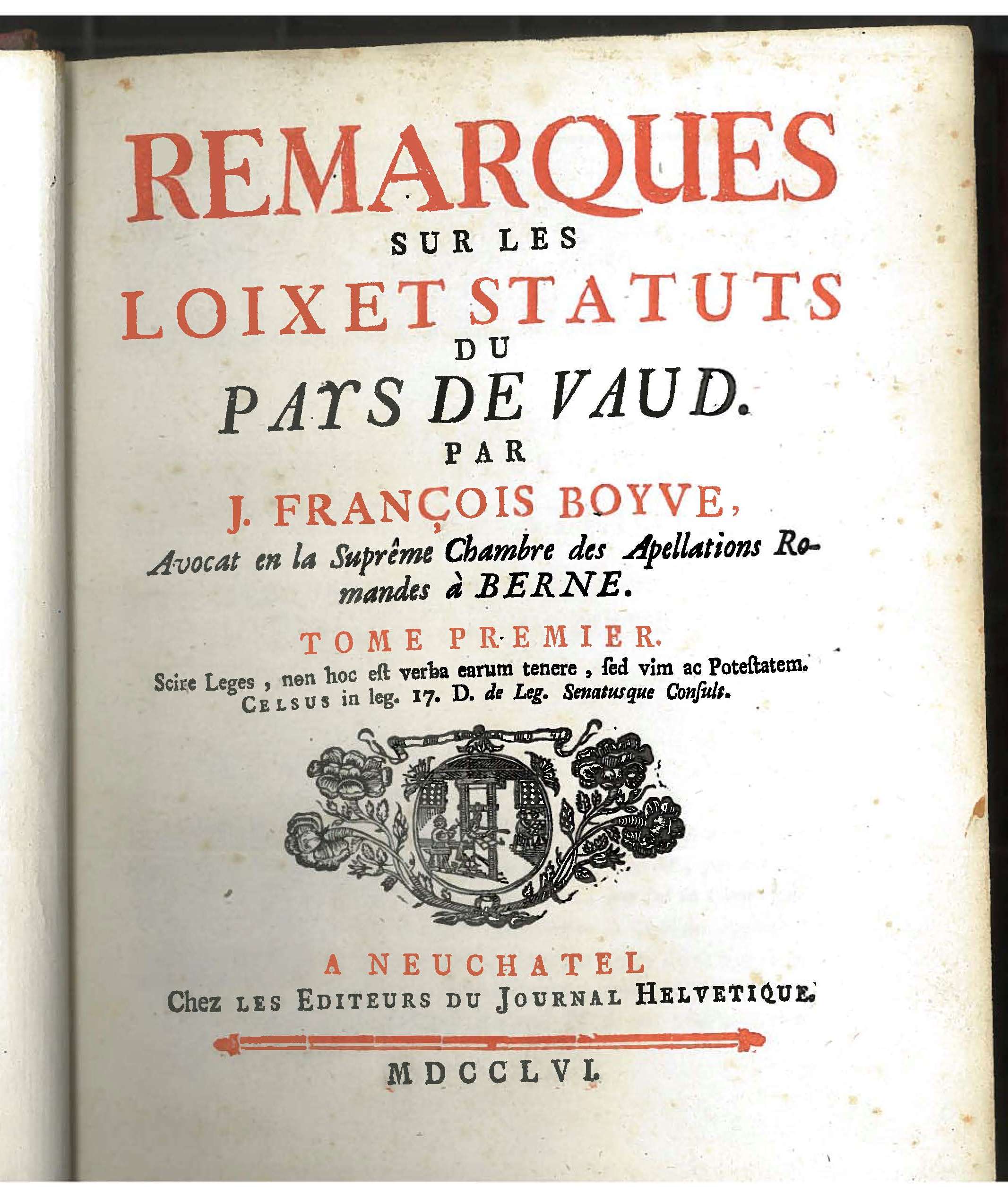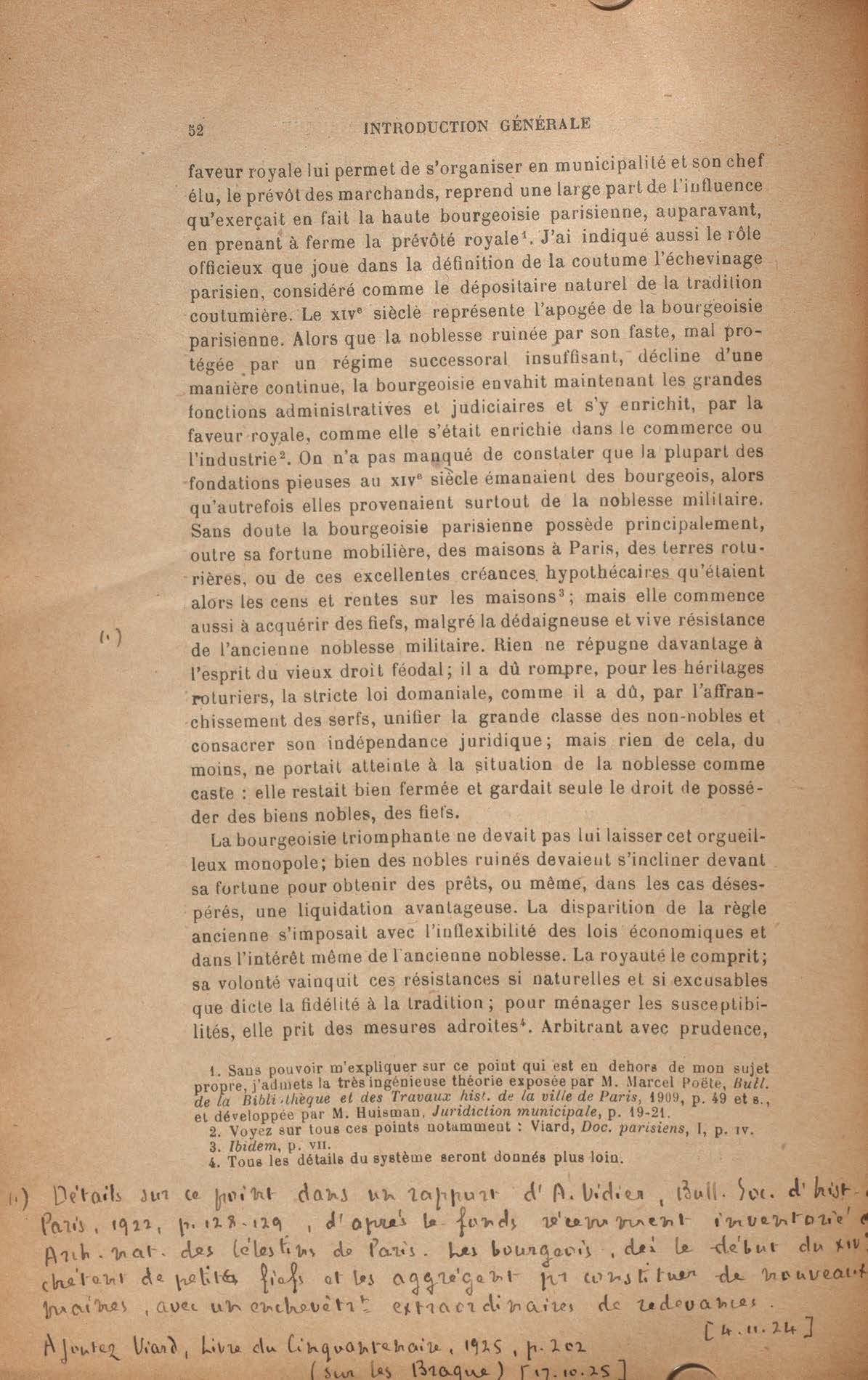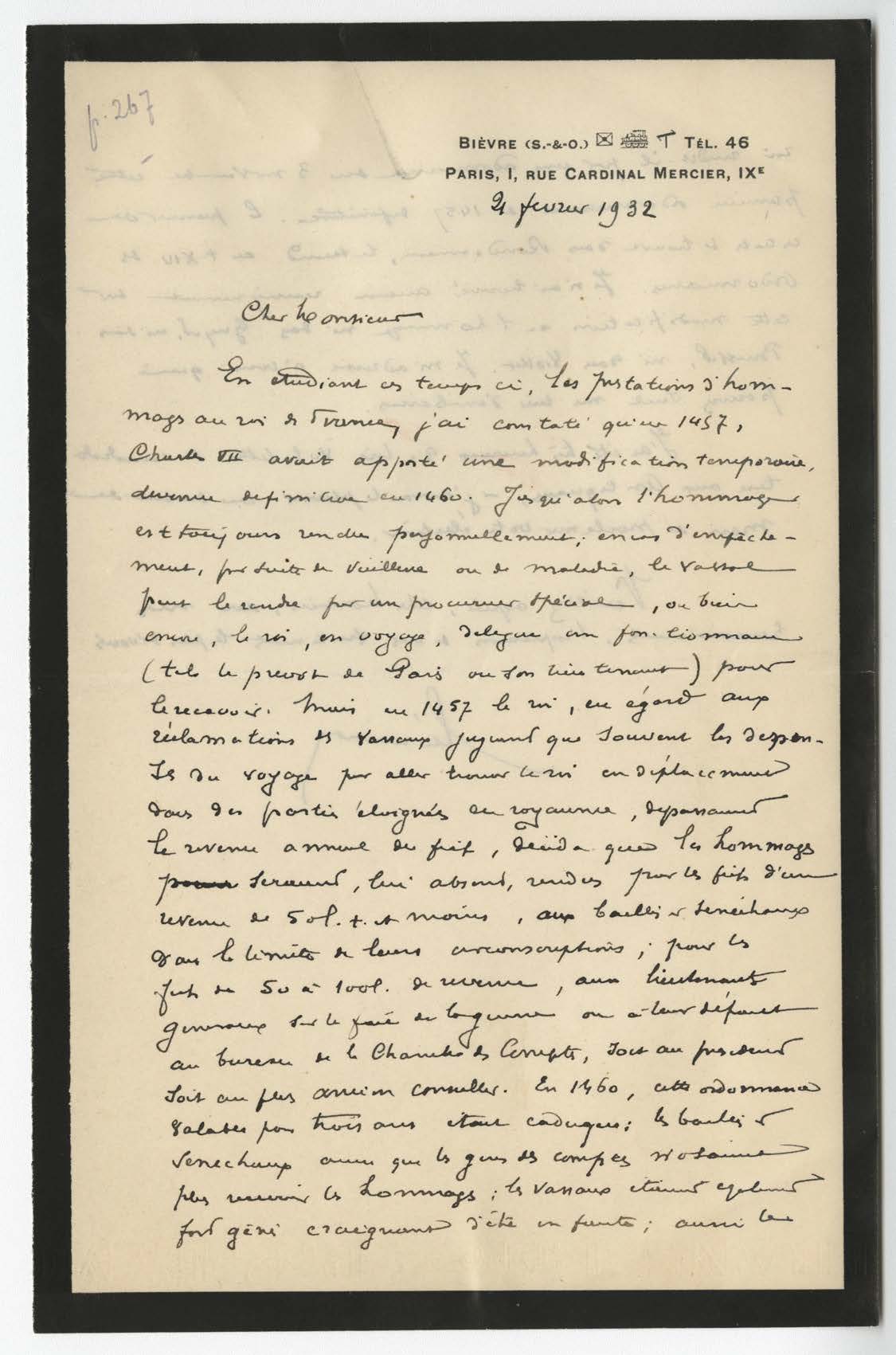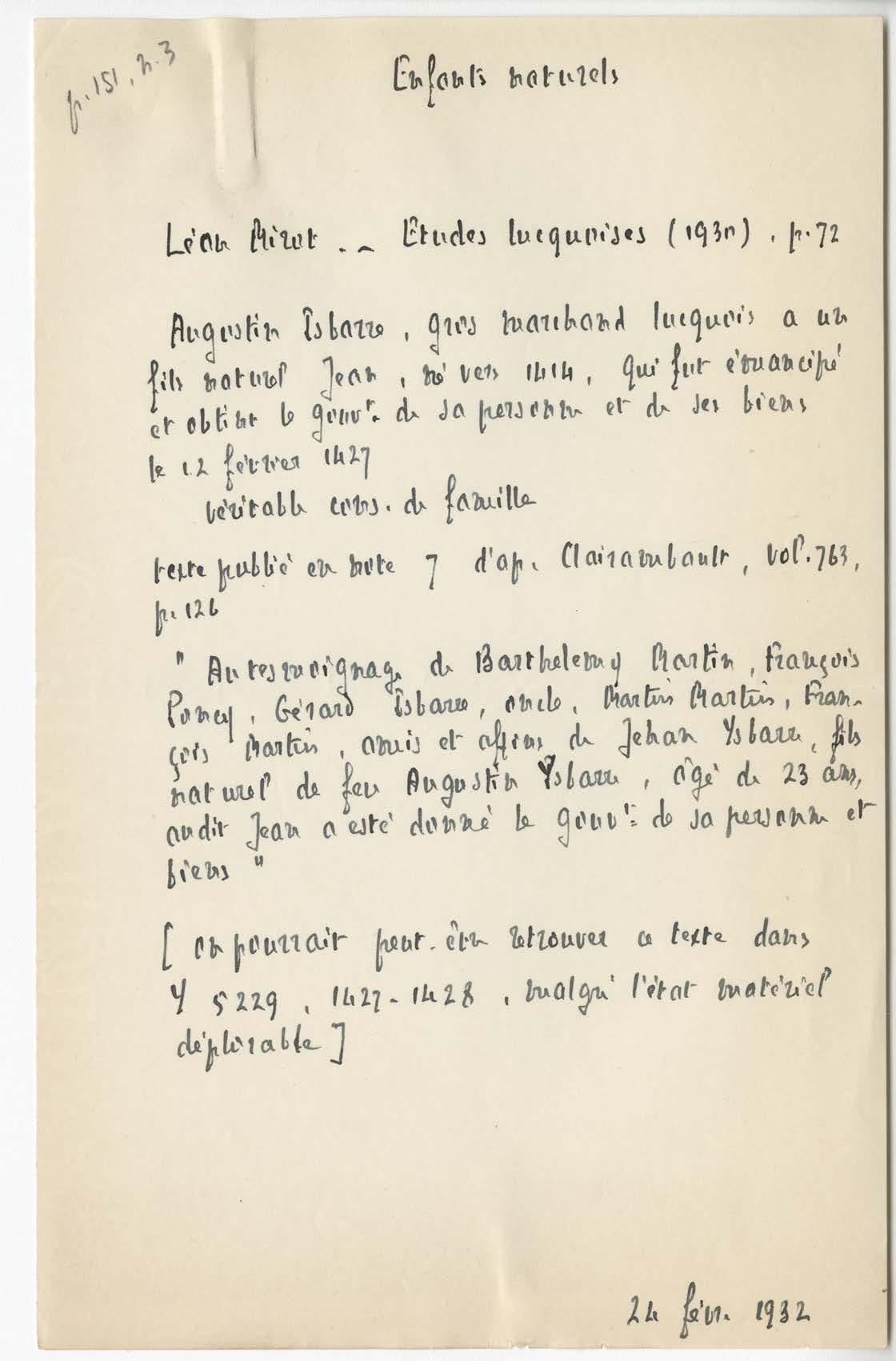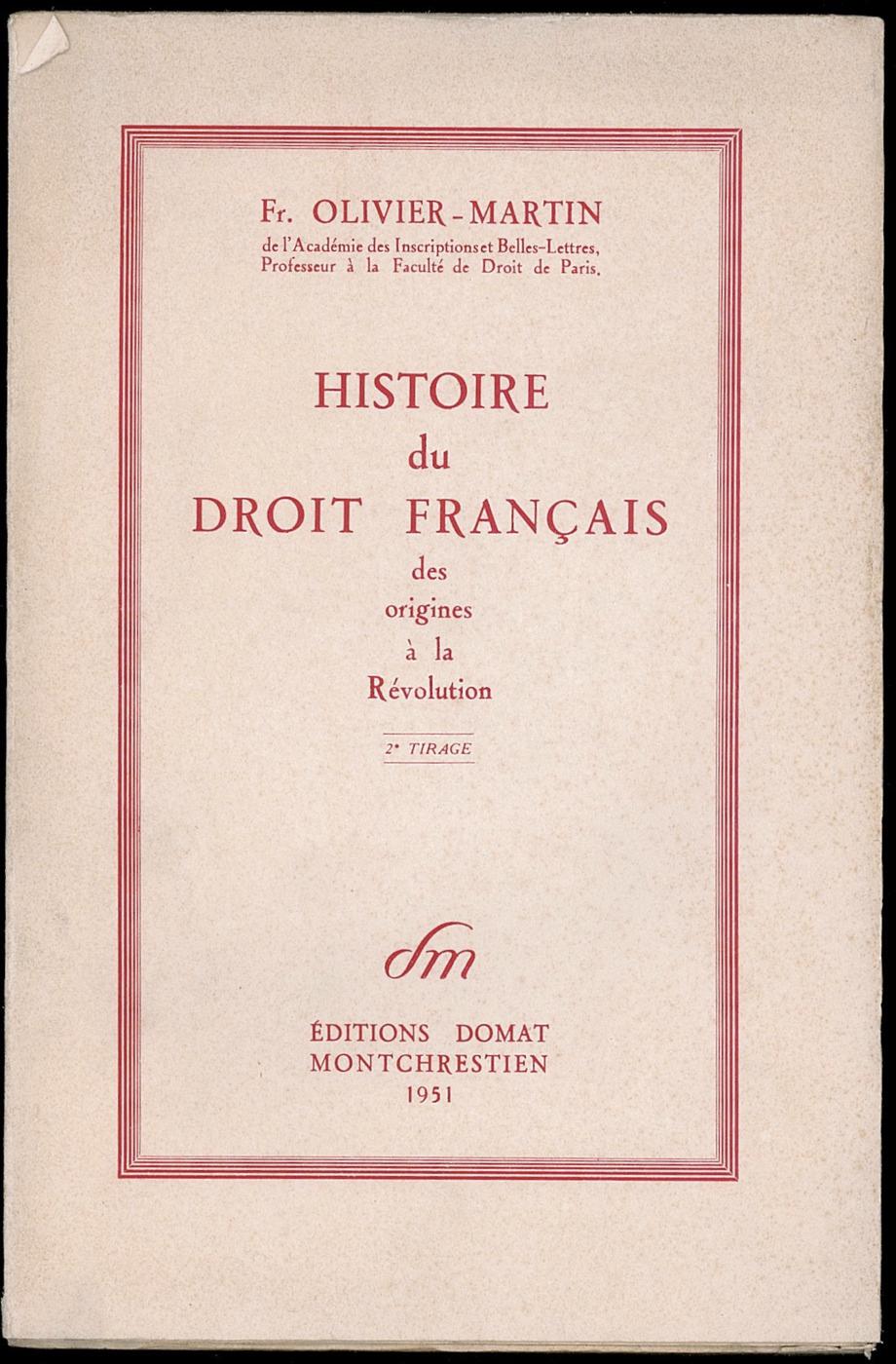Grace à la générosité du Wainwright Trust, nous avons ajouté à la Collections Wainwright un nouvel ouvrage très rare avec seulement quatre autres exemplaires recensés dans les bibliothèques : Coustumes generales du duchè d’Aouste : proposees & redigees par escript en l’assemblee des trois estatz gens d’eglise, nobles, practiciens, & coustumiers : auec les vz & stilz audit pays obserués / le tout reueu & corrigé, & despuis confirmé & approuué par son altesse ; auec deux tables l’vne des tiltres & l’autre des principales matieres par ordre alphabetique. Publié à Chambery par Loys Pomar en 1588, le livre a conservé sa reliure d’origine en vélin dur avec le dos à 3 nerfs orné de fleurons dorés. Il est la première édition du coutumier du Val d’Aoste.
Contexte historique : Les réformes du duc Emmanuel-Philibert vont dans le sens de centraliser le pouvoir dans la personne du souverain et de supprimer le pluralisme juridique typique du Moyen Age. Prenant toutefois acte du loyalisme qu’ont démontré les Valdôtains pendant l’occupation française de la Savoie et du Piémont, il confirme les franchises de La Vallée d’Aoste et ses institutions particulières, y compris le Conseil des Commis, créé le 7 mars 1536 par l’Assemblée des États pour gouverner le Pays. L‘Assemblée des États obtient du duc l’autorisation de compiler un Coutumier et de nommer à cet effet une commission de juristes présidée par le premier sénateur de Savoie Jean-Geoffroy Ginod, évêque de Belley. Commencés en 1573, les travaux de la commission s’achèvent en 1588, quand le due Charles-Emmanuel Ier promulgue enfin le recueil des Coustumes du duché d’Aouste, imprimé à Chambéry par Louis Pomar, formé de six livres et comprenant en tout 4262 articles. Summa de la science juridique valdôtaine, le Coutumier concerne tant le droit civil que pénal et règlemente les magistratures locales et les professions libérales. De nombreux juristes et praticiens collaborent à sa rédaction, dont François et Jean Humbert de Vallaise, François-René de Nus, Claude d’Avise, Antoine et Pantaléon Vaudan, Bonaventure-Philibert Bomyon, Vlincent Ottiné, Guillaunie Lyboz et Vincent Regis (adapté de Joseph Rivolin).

